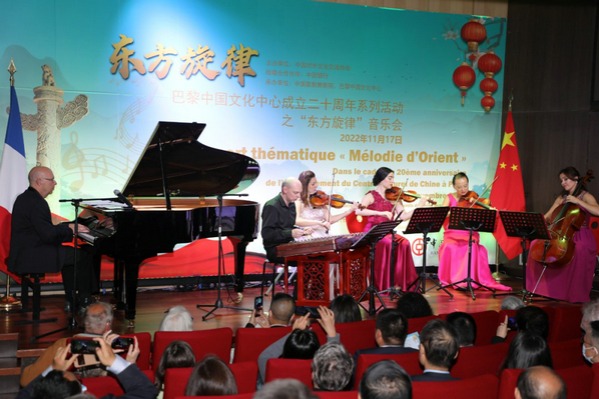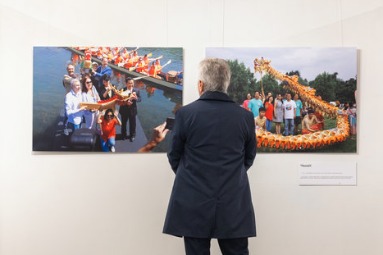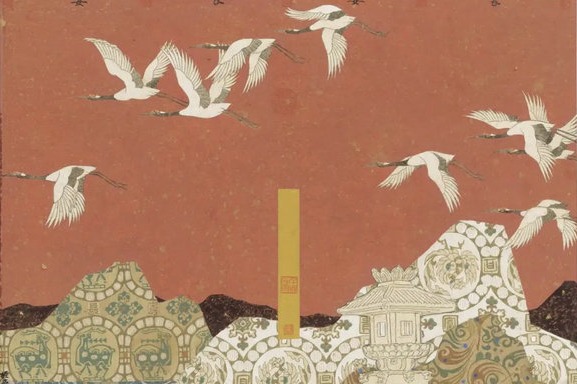Updated: 2022-03-02 09:07
( China Daily )
DAR ES SALAAM-China Alumni Association of Tanzania hosted a panel discussion on the evening of Feb 21 at the Chinese Cultural Center on challenges and opportunities created by COVID-19.
"Most Tanzanians had not embraced the culture of digitalization until 2020 after the outbreak of COVID-19 in late 2019. At first, it was difficult because it (digitalization) was not in our culture," said Linas Kahisha, a relationship manager for the Chinese desk at the National Microfinance Bank headquarters in the commercial capital Dar es Salaam.
Kahisha, a graduate in international trade and economics at Shanghai University of Finance and Economics in China, made these observations at the panel discussion.
The CAAT brings together Tanzanians who have studied in different universities and higher learning institutions in China.
"Following the outbreak of COVID-19, business in the banking sector is booming. Right now everybody is busy doing business online," Kahisha told the panel discussion, which was also attended by members of staff from the state-run University of Dar es Salaam.
Kahisha told the panel discussion, moderated by Kheri Tungaraza, the secretary of the CAAT and graduate of Wenzhou Medical University in China, that there are fewer risks doing business online. Tungaraza is an oncologist at the Muhimbili National Hospital, Tanzania's leading medical referral facility.
Beatrice Manyama, a graduate of international trade and economics at South China University of Technology and now pursuing a master's degree in international business at Shanghai University, said COVID-19 has helped to control outbreaks of epidemics such as cholera and dysentery.
"Since the prevention or control of COVID-19 requires cleanliness that includes regular washing of hands using soap and running water, we have not heard of outbreaks of cholera and dysentery recently, especially in the commercial capital Dar es Salaam," remarked Manyama, who is the director of culture and tourism at the CAAT.
Manyama told the panel discussion that the outbreak of COVID-19 has also helped to promote local tourism. "Due to restricted travel abroad, Tanzanians have now started visiting domestic tourist attractions in large numbers," she said.
Daniel Stephen, working with the University of Dar es Salaam's Directorate of Internationalization, Convocation and Advancement, said the outbreak of COVID-19 has changed the way lecturers run their academic sessions.
"At the beginning of lectures, every lecturer is required to spend the first five minutes explaining to students precautionary measures to take against the pandemic," said Stephen.
He added that the University of Dar es Salaam came up with the idea to start online classes, an idea that is still being worked on.
"Most meetings and travel were canceled following the outbreak of the pandemic, something that affected some members of the teaching staff since they could no longer get travel allowances," said Stephen.
He said the COVID-19 outbreak made the University of Dar es Salaam more innovative. For instance, its engineering department started making hand-washing machines and face masks that attracted orders from various organizations from across the country.
"A good number of projects are being implemented by the university aimed at minimizing interactions during this period of the pandemic," said Stephen.
Ishengoma Celestine, a certified accountant with the University of Dar es Salaam, said the pandemic made it hard to import construction materials, leading to skyrocketing demand.
"This created an opportunity for local manufacturers in the country to engage in the production of the construction materials," said Celestine, adding that the same applied to producers of edible oils.
Xinhua



